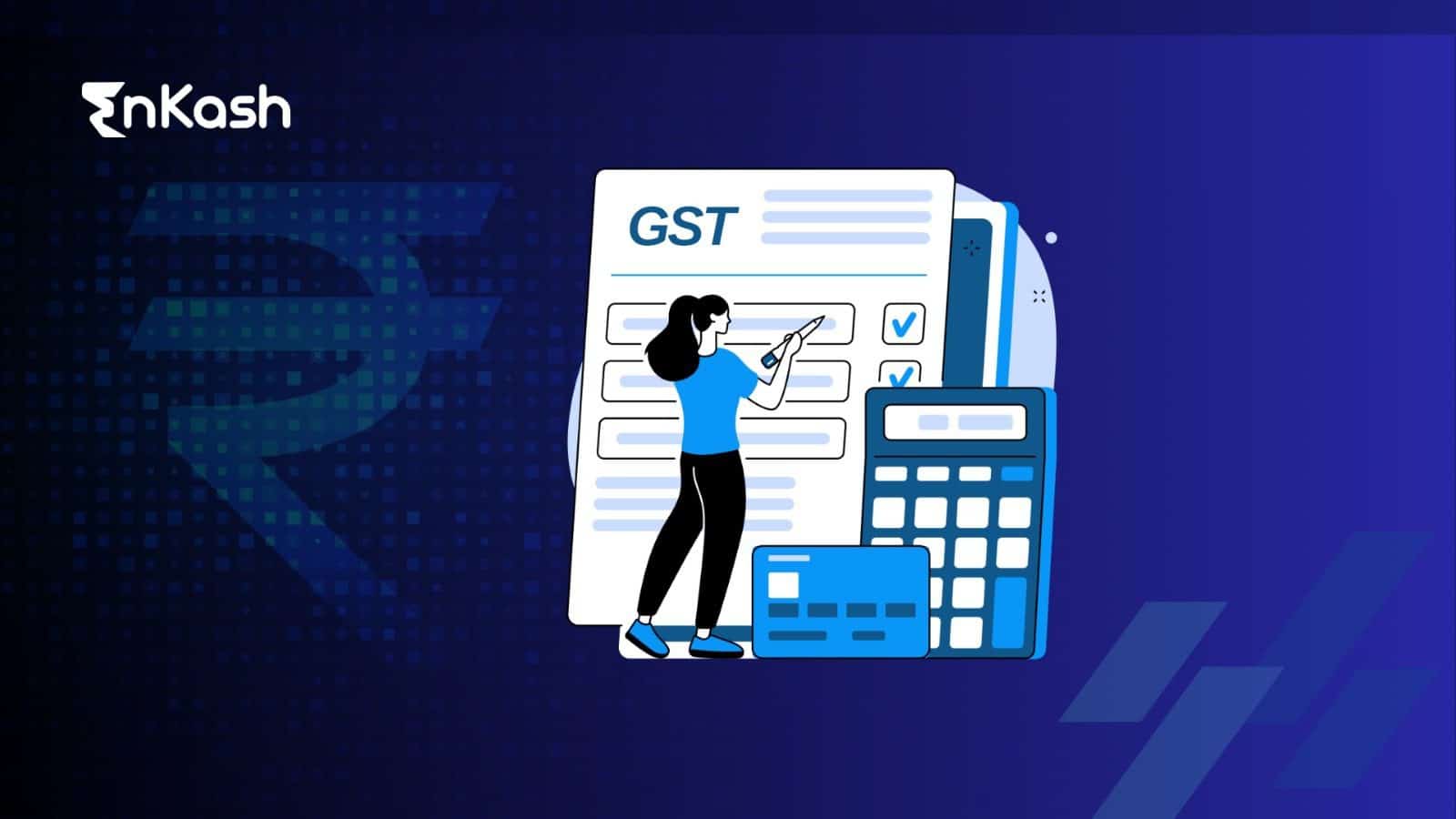The implementation of the Goods and Services Tax (GST) in July 2017 marked a significant overhaul, unifying the country’s diverse state economies and streamlining the tax regime for better economic efficiency. A cornerstone of this transformative system is the GST State Code List, which plays a pivotal role in ensuring compliance and simplifying tax administration. This article delves into the importance of GST State Codes, how they are structured and utilized, the concept of jurisdiction within the GST framework, and the practical aspects of determining GST jurisdiction for businesses and individuals across India.
What Is the GST State Code List in India?
The Goods and Services Tax (GST) in India, introduced in July 2017, has transformed the tax architecture of the country by integrating state economies. Central to the administration of GST is the GST State Code List, which is essential for the proper filing of GST returns and compliance with the GST regulations.
Each state and union territory in India is assigned a unique two-digit code under the GST system. These codes are critical as they appear in the first two digits of the GSTIN (Goods and Services Tax Identification Number), which is a 15-digit alphanumeric identifier assigned to every GST-registered individual or entity. The GSTIN helps in identifying the state of the taxpayer.
Why Are GST State Codes Important?
GST State Codes serve as an integral component of the tax structure in India, playing a vital role in optimizing tax collection and regulatory compliance. Primarily, these codes facilitate the precise identification of the origin of business transactions. This capability is crucial because it allows the accurate allocation of tax revenues among the central and state governments. By determining where goods and services are supplied, GST State Codes ensure that tax revenues are distributed fairly and according to the correct jurisdiction. This not only promotes fiscal equity among states but also supports federal financial management.
Moreover, GST State Codes are instrumental for businesses in maintaining their accounting and tax compliance with greater efficiency. They simplify the reporting process by providing a clear framework of operation within designated jurisdictions. This process helps reduce the likelihood of errors during tax filing, as each transaction is unequivocally linked to a state code, thus delineating the specific tax authority overseeing these transactions. Consequently, businesses can achieve higher accuracy in their tax filings and reduce the risk of non-compliance penalties. This streamlined approach aids businesses in managing their fiscal duties more effectively, fostering a more compliant and transparent tax environment.
How Are GST State Codes Structured and Used?
The GST State Codes in India are structured as a two-digit numerical system, where each code uniquely identifies one of the states or union territories. These codes range from 01 to 37, encapsulating most of the regions across the country. For example, New Delhi is designated with the code 07, while Maharashtra is assigned the code 27. This standardized coding is crucial as it forms the foundational element of the Goods and Services Tax Identification Number (GSTIN), which is required for all entities registered under GST.
The GSTIN itself is a 15-digit alphanumeric code where the first two digits represent the state code, followed by the taxpayer’s PAN (Permanent Account Number), a number unique to each entity within the state, a default or reference number, and finally a checksum character. Sometimes, the GSTIN may also include a character indicating the type of taxpayer.
In practice, businesses must declare their primary place of business when registering for GST, in addition to any additional operational sites. The state code of each location is incorporated into the business’s GSTIN, enhancing the system’s ability to track and manage interstate and intrastate supplies effectively. This structure is critical for ensuring that tax liabilities are accurately calculated and attributed to the correct jurisdictions.
What Is the Jurisdiction Under GST in India?
Under the GST framework in India, jurisdiction is divided between the central government and state governments, establishing a cooperative governance structure. This dual model facilitates effective tax administration, collection, and enforcement activities. The central government administers the Central Goods and Services Tax (CGST) and the Integrated Goods and Services Tax (IGST), which covers interstate transactions. In contrast, each state government manages the State Goods and Services Tax (SGST) for transactions within its territory.
How Does Jurisdiction Affect GST Compliance and Enforcement?
Jurisdiction is a cornerstone for ensuring GST compliance and facilitating enforcement. Each taxpayer is assigned to a specific administrative authority based on their geographic location and turnover. This assignment is integral for monitoring compliance, conducting audits, and resolving disputes. It ensures that tax authorities can effectively oversee business operations within their purview and address any irregularities.
The implementation of jurisdictional guidelines also profoundly impacts how GST is enforced. For instance, the IGST model, a component of the dual GST system, allows for the tax revenue from interstate commerce to be shared between the manufacturing state and the consuming state, as identified by the GST State Codes. This ensures a fair distribution of tax revenue, fostering economic balance between states.
How Can One Determine Their GST Jurisdiction?
Determining one’s GST jurisdiction is facilitated by several resources provided by the Indian government. The Central Board of Indirect Taxes and Customs (CBIC), along with individual state tax authorities, offers detailed guidance on their respective websites. Taxpayers can locate their jurisdictional authority based on the address registered with the GST system.
Additionally, the official GST portal features a search tool where taxpayers can input their GSTIN or PAN along with their state code to retrieve detailed information about their jurisdictional tax office and the respective officers. This tool provides clarity and transparency, enabling taxpayers to engage directly with the correct administrative departments for any tax-related inquiries or issues.
Conclusion
The GST State Code List and the comprehensive jurisdiction framework under the GST regime are essential elements that bolster the effective operation of India’s tax system. These mechanisms do more than just streamline tax administration—they also significantly enhance the transparency and accountability of tax compliance processes. By facilitating a clearer understanding of these codes and jurisdictional boundaries, taxpayers are equipped to adhere more precisely and promptly to GST regulations. This not only aids in the accurate filing of taxes but also ensures that the revenue is correctly allocated and managed, promoting a more efficient and smooth-functioning tax system throughout the country. Consequently, these frameworks are crucial in fostering a compliant business environment and supporting the overall economic infrastructure by ensuring fair tax practices and reducing bureaucratic challenges. Through these structured approaches, the GST continues to strengthen fiscal governance and drive forward India’s goal towards an integrated economic ecosystem.
To know more about the GST State Code List, go through the frequently asked questions below:
Q – What will happen if I use the wrong GST State Code in GSTIN during registration?
A – In this situation, act promptly to change the GST registration details as it can lead to compliance issues when filing taxes.
Q – Is it possible for a business to have multiple GST State Codes?
A – Yes, it is possible for a business to have more than one GST State Code if it’s operating in multiple states or union territories. The GSTINs for business will have different GST Codes based on the state.
Q – How to ensure that GST State Code List is updated?
A – You can always visit the official website of the Central Board of Indirect Taxes and Customs (CBIC) to know the updated State Code List. The list changes only when a new state or union territory is formed.
Q – Is GST State Code and the state code used in the Indian PIN code same?
A – No, they are not the same.
Q – Does GST State Code affect the GST amount?
A – Yes, the GST State Code can affect the type of GST charged. IGST is charged for inter-state supplies, while CGST and SGST are charged for intra-state supplies.













